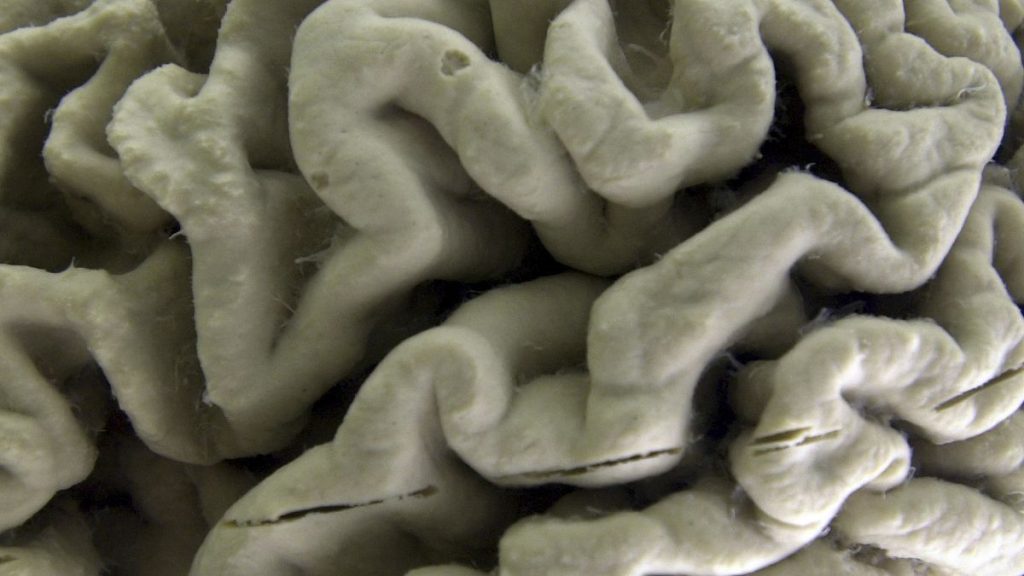A recent study published in Nature Medicine suggests that individuals with two copies of the APOE4 gene are almost certain to develop signs of Alzheimer’s disease, representing a distinct genetic form of the condition. This gene has been linked to an increased risk of Alzheimer’s, but the study found that for those with two copies of the gene, it is an underlying cause of the disease. The research, conducted by Dr. Juan Fortea and his team from the Sant Pau Research Institute in Barcelona, Spain, found that individuals with two copies of the gene develop Alzheimer’s earlier than those with other variants of the APOE gene. This discovery has profound implications as it can help track the cause of Alzheimer’s in an estimated 15% of patients who carry two copies of the gene.
Alzheimer’s disease, the most common form of dementia, affects an estimated 7.8 million people in the European Union. The hallmark symptoms of the disease include a decline in memory function and thinking skills. Individuals with the APOE4 gene are at an increased risk of developing Alzheimer’s, with virtually all individuals carrying two copies of the gene developing Alzheimer’s biology. This discovery highlights the importance of developing treatments that target this specific gene in order to address the underlying cause of the disease. With the gene being present in 2-3% of the population, the findings have significant implications for understanding and treating Alzheimer’s.
Genetics play a significant role in Alzheimer’s disease, with a handful of genes known to cause rare early-onset forms of the condition and mutations passed through families that trigger symptoms at a young age. The APOE gene, which affects how the body handles fats, has long been identified as playing a role in Alzheimer’s risk. There are three main variants of the gene, with APOE4 being the biggest genetic risk factor for late-onset Alzheimer’s. Individuals with two copies of the APOE4 gene were found to accumulate more amyloid in the brain at an earlier age, leading to an increased risk of developing Alzheimer’s symptoms around age 65.
The study conducted by Dr. Fortea’s team used data from thousands of brains donated for research as well as participants in Alzheimer’s studies in the US and Europe. By examining symptoms and early hallmarks of Alzheimer’s, such as amyloid buildup in the brain, the researchers found that individuals with two copies of the APOE4 gene had significant plaque accumulation by age 65. This mirrored the underlying biology of young inherited forms of the disease, suggesting a familial form of Alzheimer’s. Research is now focusing on developing gene therapy or drugs to target the APOE4 gene specifically in order to address the genetic cause of the disease.
While the APOE4 gene has been studied mostly in white people of European ancestry, it is crucial to understand its effects in diverse populations. Dr. Reisa Sperling from Brigham and Women’s Hospital in Boston cautioned against rushing for genetic testing based on these findings, as the gene duo is not responsible for most cases of Alzheimer’s. Understanding the genetic risk factors for Alzheimer’s is an essential step in developing targeted treatments for the disease. By gaining insight into the role of genes like APOE4 in Alzheimer’s, researchers hope to improve outcomes for patients and potentially delay or prevent the onset of the disease in high-risk individuals.


